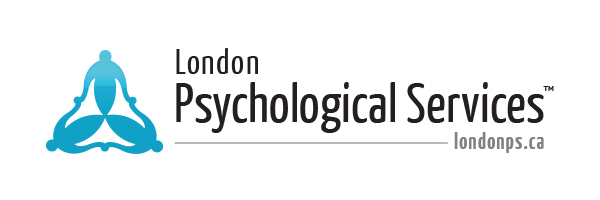As I was scrolling through Facebook over the last few days, I noticed a pattern. All of the Facebook ads that were presented to me were about weight loss, exercise and how I could build a six pack.
Oh yeah, New Year.
Resolutions.
*deep sigh*
’Tis the time to sign up for a gym membership, vow to only eat “clean”, start meditating at least 30 minutes a day, do yoga everyday for the next 30 days, ditch all social media and pick up a new language or two.
I probably don’t have to tell you, that come the end of January, these resolutions have already long been given up on and have been added to the pile of “reasons why I suck and can’t stick to anything.” I have so been there and am guessing that you so have you.
New Year’s resolutions do not work for most people.
That’s not because there is something wrong with us, but rather we go about trying to change ourselves in ways that will essentially doom us to fail. We set goals that are too dramatic, too big and often that come from a place of criticizing and punishing ourselves. However, we are not doomed. It is possible to make changes. However, we need to change how we make changes (how meta!).
Here are a few ways to create sustainable, lasting change that does not make you feel like a failure:
- Start from a place of self-acceptance. I know...this one probably doesn’t make a lot of sense. You usually set goals because you feel there is a part of you that needs fixing or improving. However, starting from a place of “I’m already awesome” allows you to show yourself self-compassion and setting goals that feel nurturing rather than punishing. Starting from a place of acceptance allows you to roll with the setbacks that are inherent in changing, rather than quitting in frustration.
- Identify the why behind your goal. You may have set goals in the past because you feel like you should set those particular goals. However, if there is no passion or meaning behind those goals, you are unlikely to meet them. If your goal is to reduce sugar in your diet because your neighbour is also doing it, that does not have a lot of inherent meaning. On the other hand, if you decide to reduce sugar intake because you notice too much sugar makes you feel jittery; upsets your stomach and triggers migraines; that changes the goal’s meaning. Now the reduction of sugar is tied to your own feelings and circumstances.
- Set better goals. Many goals suck. They are too broad, too undefined and are not measurable in any way. Take the goal “I want to be more active.” Does that mean taking the stairs at work rather than the elevator, or does it mean run a triathlon by the end of the year? Personalize your goals to your life, desires, circumstances and starting point. Make your goals concrete, with a specific action plan to go along with it. If you are finding it challenging to stick with the change, alter the course. One of the biggest misconceptions about change is that it is a straight, linear process. Nope! Change is a bumpy process with many set-backs along the way. These set-backs provide information. If your goal was to meditate and you haven’t had success trying to meditate in the evening, that doesn’t mean you will never meditate. Maybe the evening isn’t the best time for you. Try the morning.
- Start small. Like super, duper, teeny, weenie, why am I even bothering to do this, small. Change needs to happen in small, incremental steps. You want to feel 90% confident that you will be able to meet the goal. Every long-lasting change starts with small steps.
- Have fun with your goals! Most goal setting fails because you are not enjoying what you are doing. Since many goals are set from a critical place, they are usually tedious, difficult and not reinforcing for us. They feel like a drag. Setting goals that are fun is a whole different ballgame! Imagine looking forward to a goal rather than apprehension, dread and already making excuses about why you can’t start for another week. Recently, I strapped on a pair of skates for the first time in 20 years and I was surprised to find that it was actually really fun! I am now looking forward to adding skating into my activity plan rather than glaring at the dust covered gym equipment that I’ve accumulated over the years.
It is possible to make changes, but we need to change our approach. Most importantly though, is accepting ourselves already where we are. You are already enough and you are already worthy.


